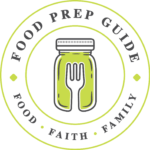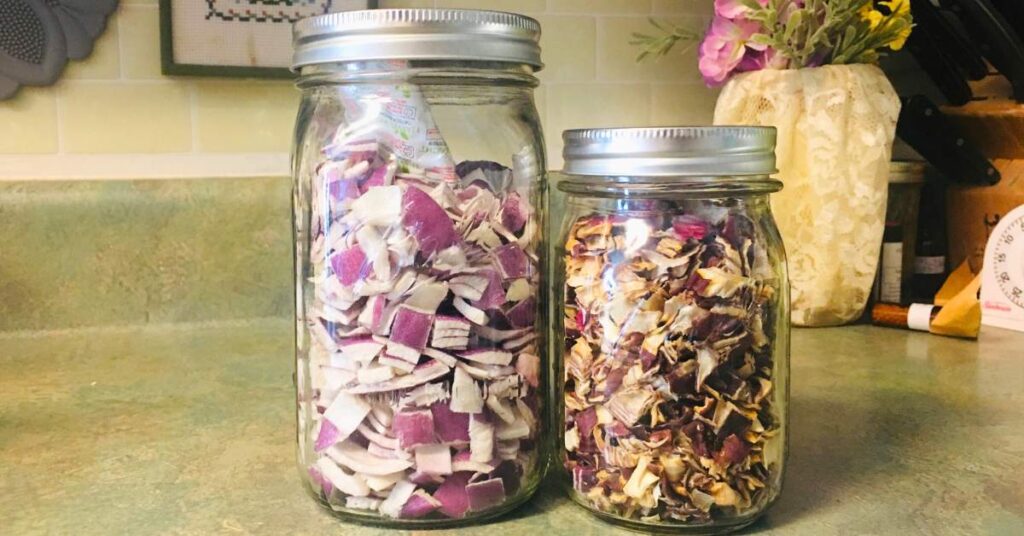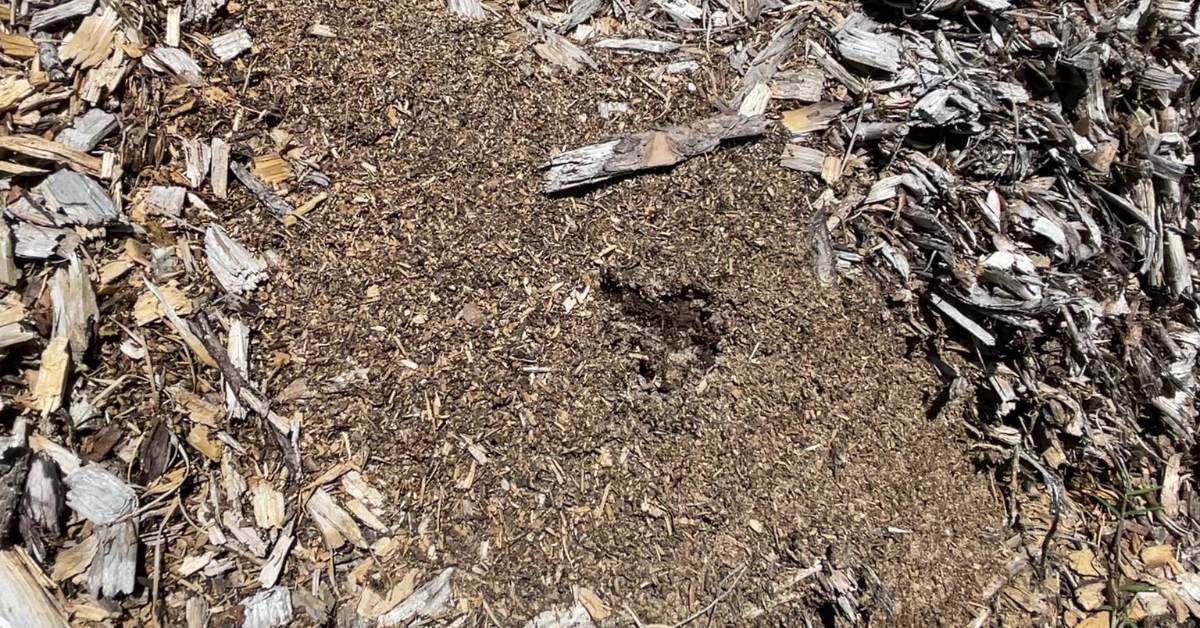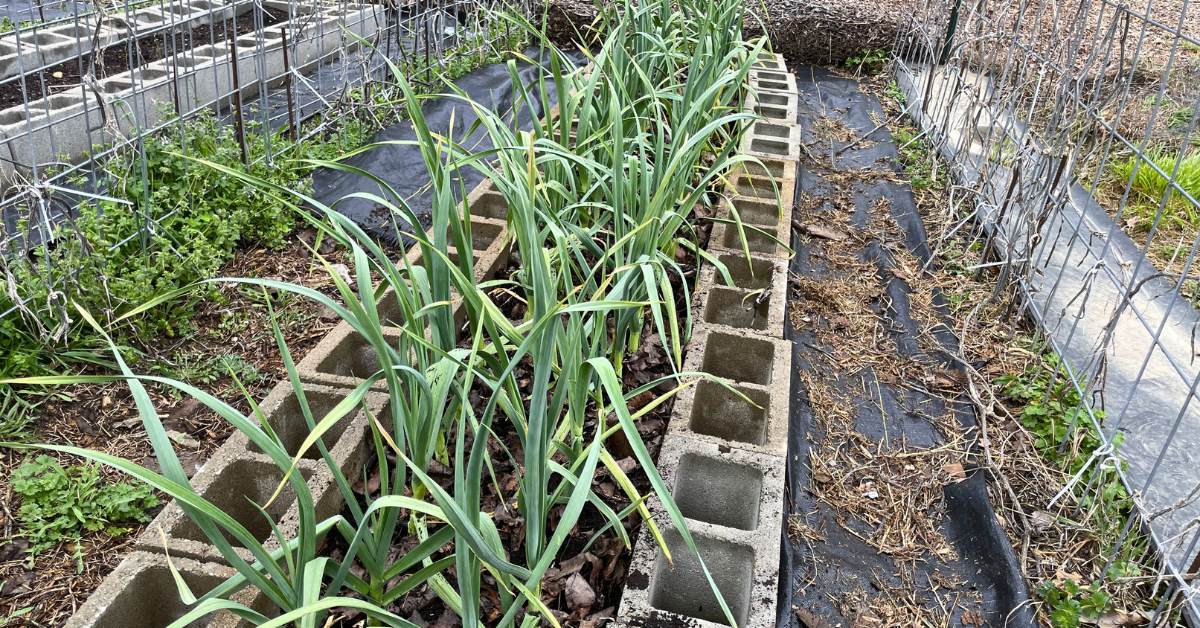There’s a battle brewing in the realm of dried foods….
Freeze dryer or dehydrator?
People on both sides of the aisle have VERY strong opinions on which food preservation machine is best.
I’ve been dehydrating food in my Excalibur dehydrator for nearly a decade, and I’m going into my second year with a Harvest Right freeze dryer.
Today, I want to share my humble opinion on the differences between freeze dried and dehydrated food, discussing the pros and cons of each method.
We’ll look at which types of foods are best suited for each machine and compare the texture and rehydration differences.
Ultimately, though, I hope to answer the question that’s likely on your mind right now:
Do I really need a freeze dryer?
How I Choose to Freeze Dry vs. Dehydrate
Whenever I have a food item that needs to be preserved and I’m trying to determine which machine to use, I look at the food type first then I think about how it will be used.
While a dehydrator can handle most fruits, vegetables, greens, and herbs, there are limitations when it comes to dairy products, eggs, and certain meats.
On the other hand, a freeze dryer opens up a whole new world of possibilities. It excels in preserving eggs, various meats, and even complete meals or leftovers.
As for how I’ll use it, I determine if I want to each the item in question straight out of the jar or if it will need to be cooked first. If it needs to be cooked first, I think about how long I’ll have to rehydrate prior to cooking.
If it’s something to snack on straight from the jar, I’ll usually freeze dry it.
If it’s something that will cook along with other ingredients for 20 minutes or more, I’ll probably dehydrate it … unless it’s dairy, eggs, or certain types of meats.
Rather Watch Than Read? Here’s Our Video Discussion
Pros and Cons of Freeze Dryers
Let’s start by discussing the pros and cons of using a freeze dryer.
One significant advantage of freeze drying is the quick rehydration process. Freeze-dried foods rehydrate rapidly, which can significantly reduce dinner preparation time.
And, actually, they don’t even need to be rehydrated in some cases. Freeze-dried foods have a concentrated flavor and light, crispy texture that makes them great for snacking on “as is.”
However, how quickly freeze dried foods rehydrate can also be a disadvantage.
Freeze-dried foods have a tendency to reabsorb moisture easily, which can lead to spoilage if not stored properly. I’ve had cases where I thought I did everything right in freeze drying and packaging, but the food still went soft inside the sealed jar.
(Soft = moisture = not good.)
I’ve never had that problem with the foods I’ve dried in my dehydrator.
Pros and Cons of Dehydrators
Prices pulled from the Amazon Product Advertising API on:
Product prices and availability are accurate as of the date/time indicated and are subject to change. Any price and availability information displayed on [relevant Amazon Site(s), as applicable] at the time of purchase will apply to the purchase of this product.
Now, let’s explore the pros and cons of using a dehydrator.
The most significant advantage of a dehydrator is its ease of use. It is simple and straightforward, making it an excellent choice for beginners in food preservation.
Dehydrated foods are shelf-stable and do not require special storage considerations.
However, dehydrated foods tend to have a harder texture even after rehydration, and they may not fully regain their original consistency.
While this may not be a deal-breaker for most people, it is worth noting the difference in texture compared to freeze-dried foods.
FREE FOOD STORAGE PLAN!
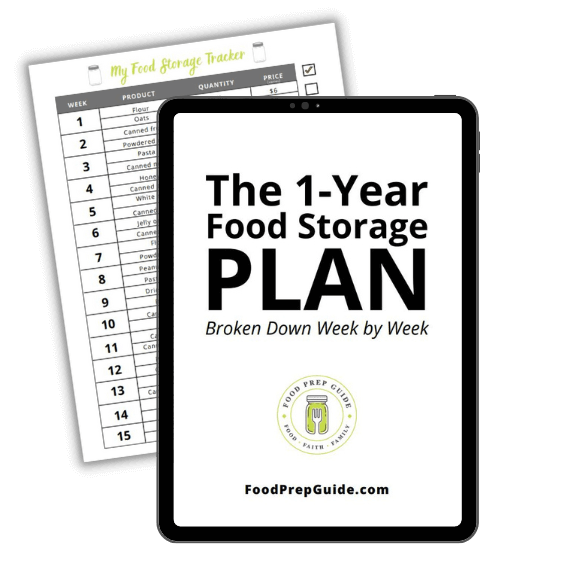
Does gathering and storing a year’s worth of food for your family seem overwhelming and unachievable?
Make it easy with our step-by-step plan. Subscribe to our weekly newsletter & we’ll send it to you FREE!
Side by Side Comparison of Freeze Dried Foods and Dehydrated Foods
To provide a visual representation of the differences between freeze dried and dehydrated food, I provided some side-by-side samples in the video above.
It’s hard to communicate these differences in writing, so I recommend watching at least that portion of the video.
I show the differences between freeze-dried onions, cabbage, and zucchini, and their dehydrated counterparts.
Overall, freeze dried foods maintain their size and become powdery upon touch, while dehydrated foods decrease by at least 50% in size and have a much harder texture.
Which Machine Is Right for You?
Granted, this is just one person’s opinion, so take it with a grain of salt and definitely do your own research to determine what’s best for you.
That said …
If you are new to food preservation or have limited experience, I recommend starting with a dehydrator.
Dehydrators are user-friendly and can handle a wide range of foods.
On the other hand, if you have specific & BIG goals such as preserving large quantities of your garden harvest or taking advantage of seasonal sales on bulk produce, then it may be worth investing in a freeze dryer.
Both freeze drying and dehydrating are effective methods of food preservation. Each technique has its advantages and limitations, and the choice ultimately depends on your individual needs and preferences.
It’s important to consider the specific food categories you wish to preserve and the desired texture and rehydration qualities when making your decision.
Whether you opt for a freeze dryer or a dehydrator, both machines can help you build a long-term food storage plan and reduce food waste—and for that, I like them both!
